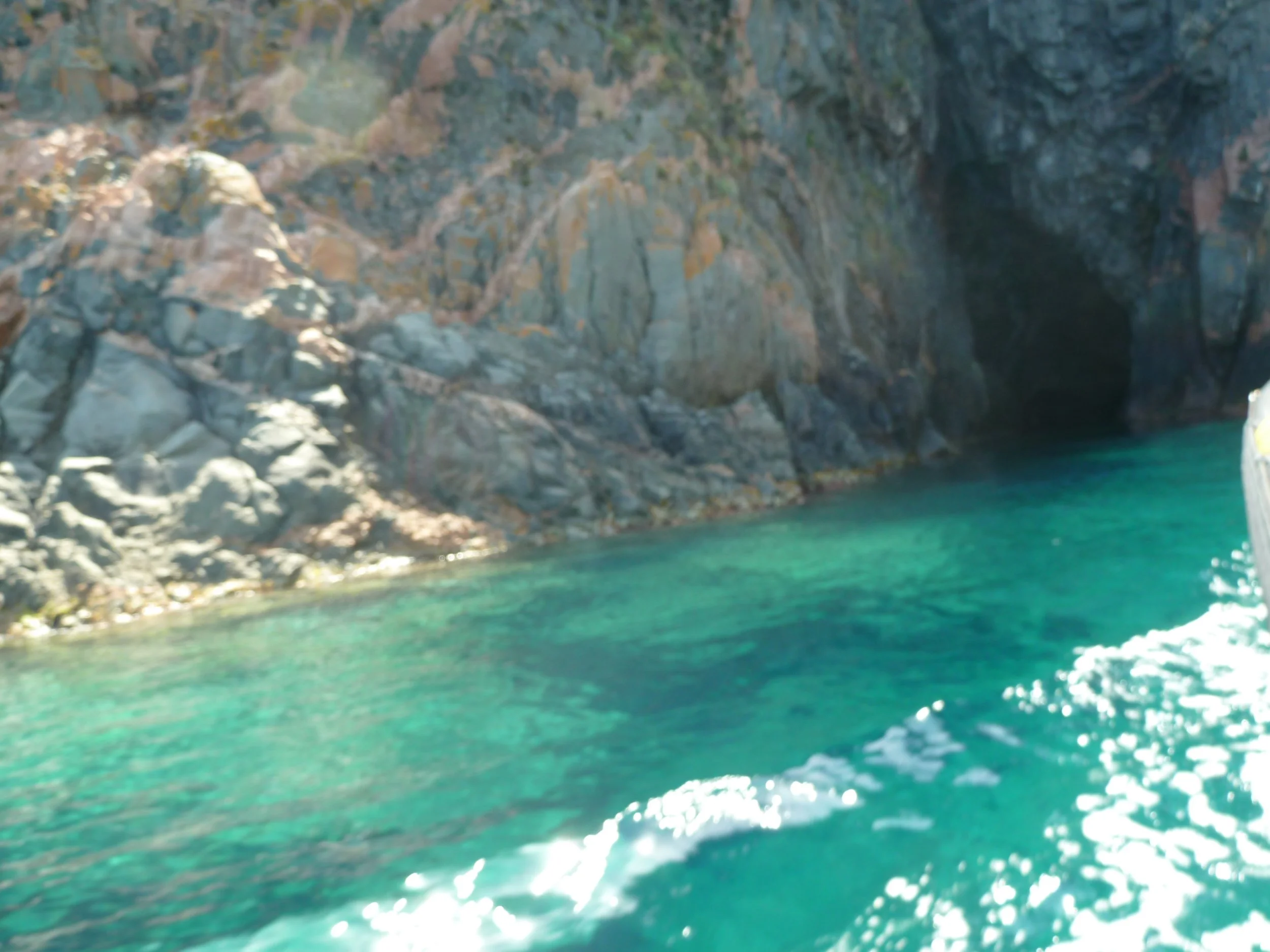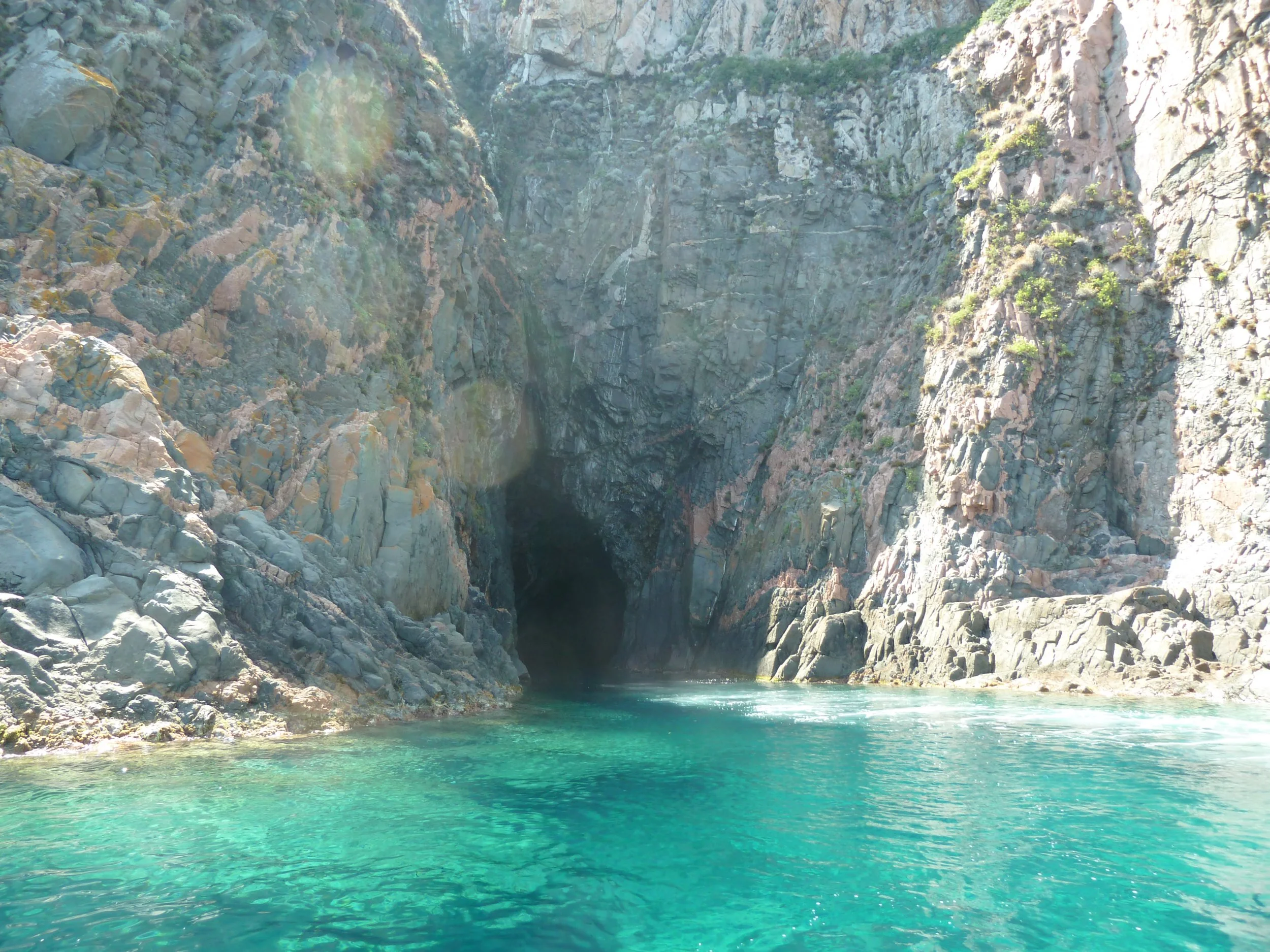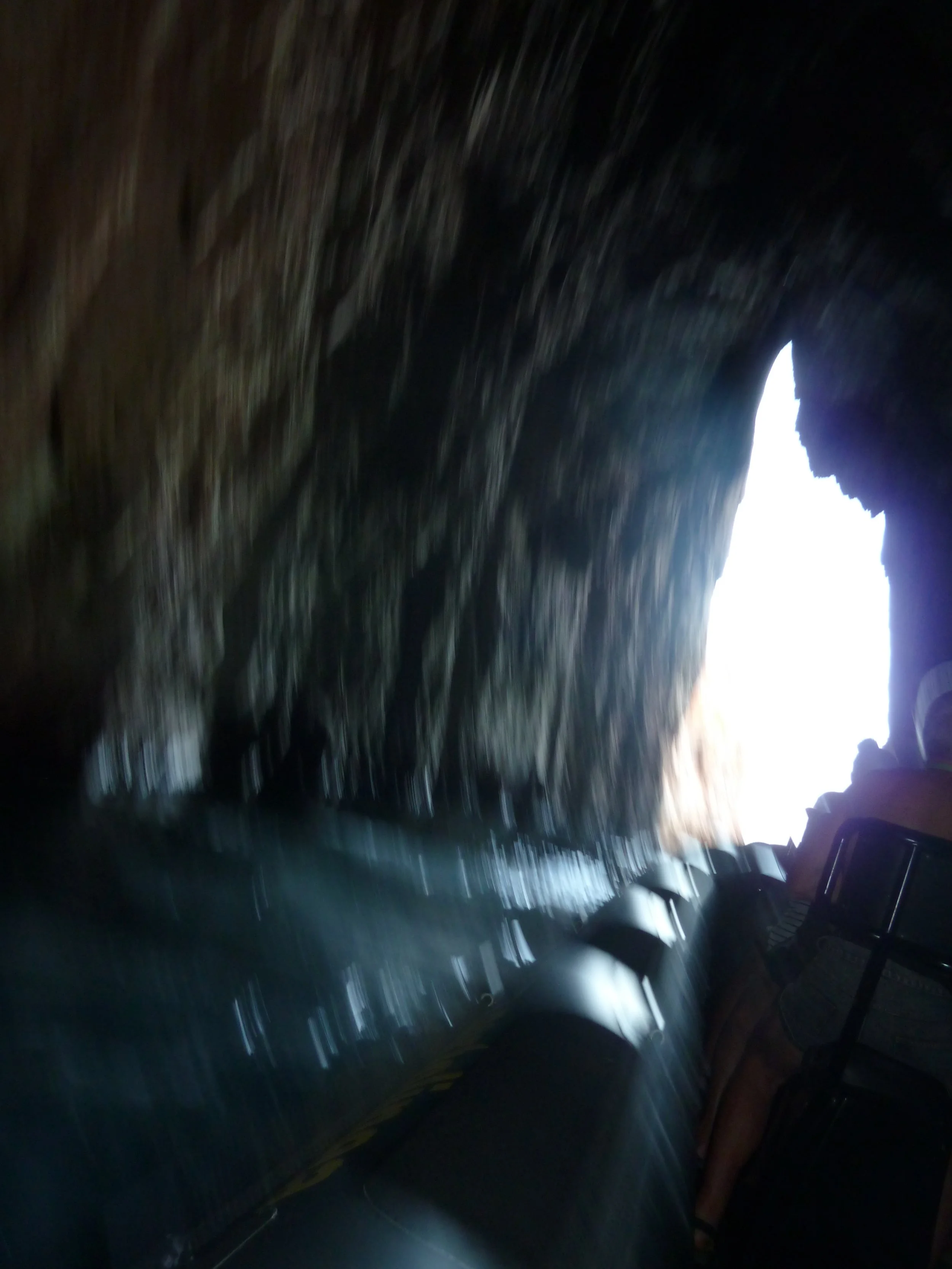PLACES│Corsica and The Beauty of Everyday Things
At P-ACTA, we are fascinated by the way places and ideas echo across cultures. One such dialogue exists between Corsica, with its rugged landscapes, strong traditions, and daily rituals and Soetsu Yanagi’s classic Japanese work, The Beauty of Everyday Things.
Though written far from the Mediterranean, Yanagi’s reflections on simplicity and the quiet value of ordinary objects resonate deeply with the Corsican way of life.
Everyday Beauty in Corsica
Corsica is a land where life unfolds in small gestures and enduring traditions. A loaf of village bread baked in a wood-fired oven, the worn stone fountain in a mountain square, or the rough weave of a shepherd’s blanket — these are not luxuries, yet they hold a beauty that is unmistakable.
Yanagi wrote that true beauty lies not in decoration, but in the usefulness and honesty of things. Corsica embodies this philosophy: a hand-carved chest passed down through generations, olive oil pressed from family groves, bottled without fuss, terracotta dishes used daily, shaped by local hands…
Here, beauty is inseparable from life itself.
Simplicity as Identity
Yanagi believed that everyday objects, made for use rather than display, carry the spirit of a culture. In Corsica, this spirit shines through in its simplicity. The island has long valued durability, practicality, and authenticity. Think of: Knives from Corte, designed for function but admired for their form. Moorish bread baskets woven from reeds, strong enough for work, yet elegant in their pattern. Copper pots in mountain homes, darkened by decades of meals.
These objects are not souvenirs; they are companions in daily life. Their beauty comes from use, from being touched by time.
A Shared Philosophy
What links Corsica and Yanagi’s philosophy is a shared resistance to excess. Both suggest that beauty is not something added, but something revealed in the ordinary. In Japan, Yanagi saw beauty in clay bowls, textiles, and tools shaped by anonymous craftsmen. In Corsica, beauty emerges in the island’s resilience, in the balance between nature and necessity, in the quiet endurance of traditions.
Both remind us that true aesthetics live not in luxury, but in authenticity.
Why It Matters Today
In a world of fast consumption, Corsica and The Beauty of Everyday Things speak with the same voice: to look again at what surrounds us, to value the simple, the durable, the real.
The worn wooden spoon in a Corsican kitchen, like the humble tea cup in Japan, holds more than function — it holds memory, identity, and belonging.
The link between Corsica and Yanagi’s philosophy is not obvious, but it is profound. Both invite us to see beauty not in the extraordinary, but in the ordinary. In Corsica, as in Yanagi’s Japan, the everyday is never just practical. It is where culture, memory, and meaning quietly reside.












